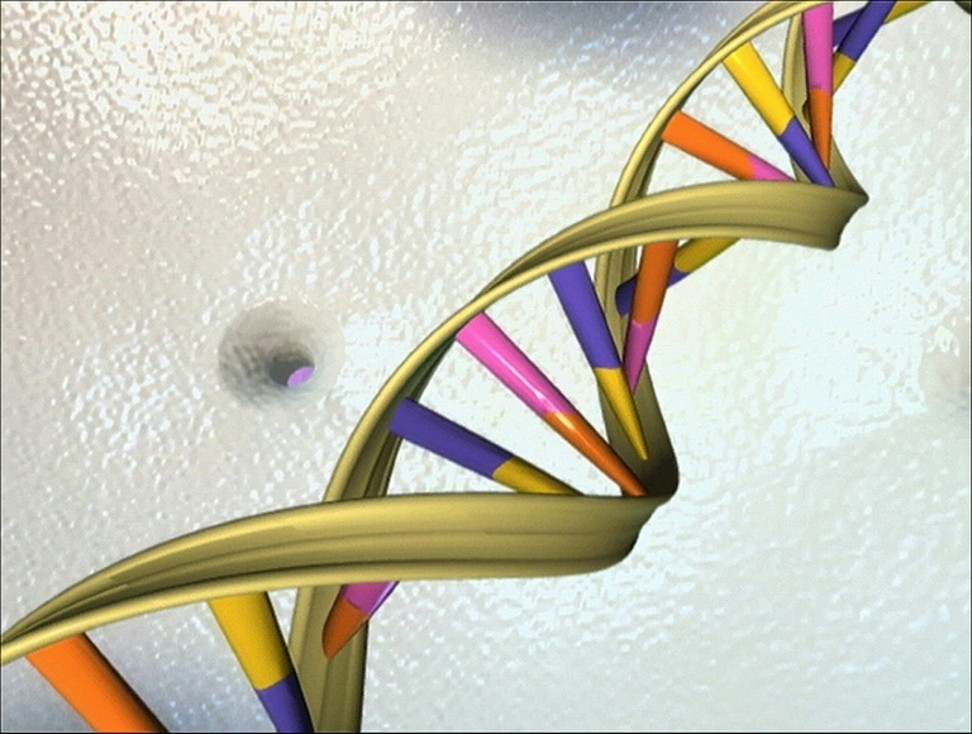
First erectile dysfunction gene found, and it might lead to new treatments
Researchers have identified a genetic variant that increases a man’s risk of impotence by 26 per cent, possibly because it interferes with circuits in the brain
Scientists say they’ve located the first well-documented genetic abnormality that increases a man’s risk of impotence, a discovery that could lead to new treatments, according to a study published on Monday in a US journal.
Men who have a copy of the genetic variant have a 26 per cent higher risk of erectile dysfunction (ED) than men who do not, according to findings of the study published in the Proceedings of the National Academy of Sciences.
How men can keep their sperm healthy: great sex, cold baths, garlic
Those with two copies of the genetic variant face a 59 per cent higher risk, according to geneticist Eric Jorgenson, the study’s lead author.
The results were based on a database of 36,649 patients of Kaiser Permanente Northern California, a health care provider. The results were validated by studying a database of 222,300 men in Britain. On average, one in five men has the genetic abnormality, a number that rises with age, according to a 2007 study in the United States.

About a third of erectile dysfunction risk is linked to genetic factors. According to the new study, the genetic variant Jorgenson and his colleagues identified alone accounts for 2 per cent of the risk. Obesity, diabetes and cardiovascular disease all have genetic components and are also linked to erectile dysfunction.
“We know that there are other factors for ED including smoking, obesity, diabetes and cardiovascular disease, and men who address those factors can reduce their risk of ED,” Jorgenson said. “Because the region that we identified in the human genome appears to act independently of those risk factors, developing new treatments that target the variation in this genetic location has the potential to help those men who do not respond to current treatment.”
He noted that about 50 per cent of men do not respond to erectile dysfunction treatments currently available.
Eight years of erectile dysfunction yet husband did not see a doctor
Scientists now want to explore how such variation affects risk of the condition, he said. The researchers noted that it may interfere with the functioning of certain brain circuits.
Jorgenson said discovering a biological explanation could give clues to developing new treatments.

.png?itok=arIb17P0)